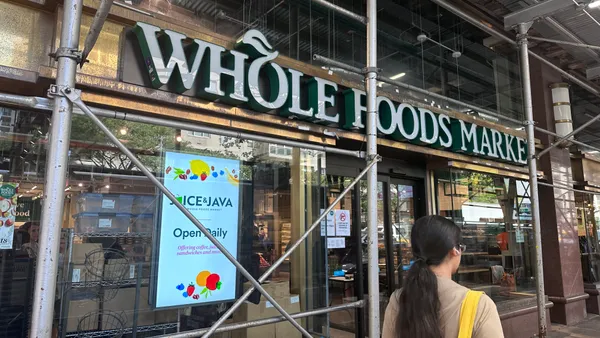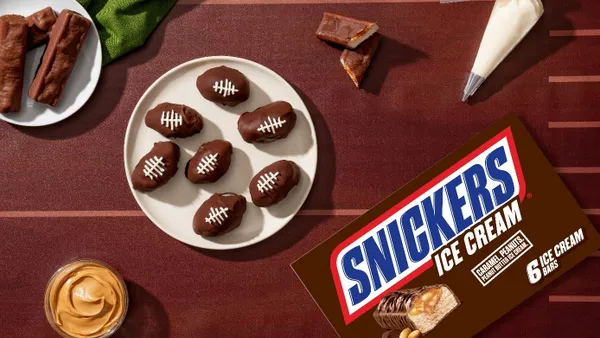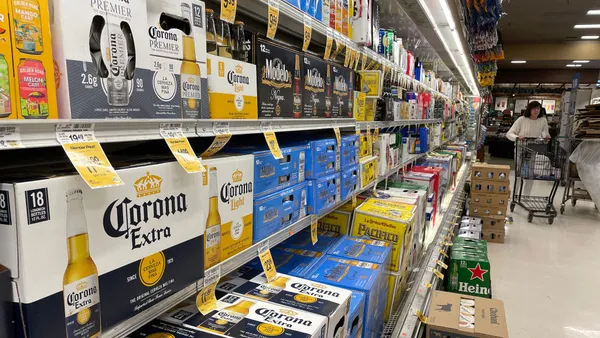Wine sales declined 8% in the year ending August 2024, spelling difficulty for the category as consumer trends change, according to Wine & Spirits Wholesalers of America (WSWA) data.
Industry veteran Dale Stratton told WSWA declining sales in the category are a result of “larger systemic issues” related to purchasing patterns. Premium wines over $100 saw a sharp decline of 12.5% over the past year.
The holiday season is typically associated with higher consumption of wine, with retailers reporting the highest sales in this period. The challenges producers faced in the category throughout 2024 make this year’s wine-selling season crucial to the category.
Danny Brager, an analyst from SipSource quoted by WSWA, said there were signs for optimism for some products within the wine category. Sales of prosecco increased 2%, and domestic mid-tier wines over $50 saw an increase of 3%, he said.
“This is a promising sign heading into the critical [October-November-December] period, offering hope that consumers in higher price tiers are still willing and able to spend,” Brager said.
As casual drinkers opt for ready-to-drink spirits or limit their consumption of alcohol altogether, producers are navigating a new future for wine that feels less certain.
Several large beverage companies, seeing losses in their wine operations, have turned to premium offerings to cater to a more niche audience willing to pay more. Constellation Brands acquired Sea Smoke, a pinot noir and chardonnay producer, earlier this year as part of its higher-end wine push. Other brands are consolidating, like the Duckhorn Portfolio, which sold to private equity firm Butterfly earlier this month.
Other producers are reimagining their wine lineup with offerings that eschew alcohol altogether. Luxury beverage giant Moët Hennessy invested in French Bloom, a nonalcoholic sparkling wine brand that aims to offer a more premium alternative for consumers moderating their drinking, this month.













